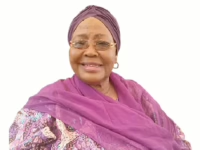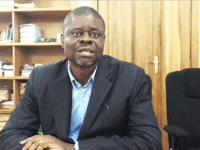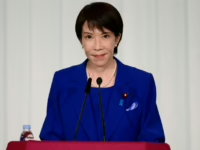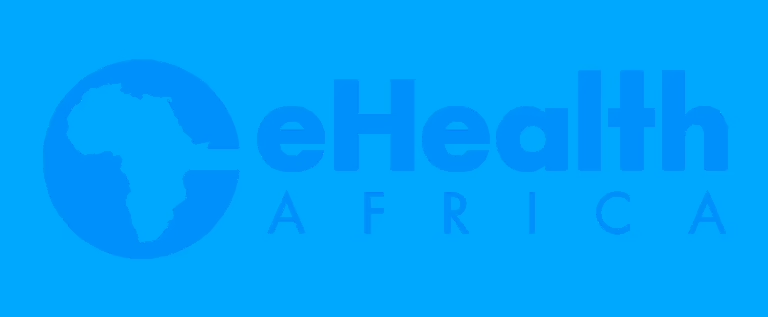eHealth Africa (eHA) participated alongside global health experts, policymakers, and collaborators at the International Conference on Primary Health Care (ICPHC 2025) held in Addis Ababa, Ethiopia. The gathering focused on advancing digital innovation, ensuring sustainable public health infrastructure, promoting renewable energy for enhanced healthcare services, and bolstering health system resilience throughout the African continent.
Under the theme “Advancing Primary Health Care in the 21st Century: Putting People First,” the conference united visionaries and pioneers dedicated to reinforcing primary healthcare frameworks and progressing toward Universal Health Coverage (UHC).
During the event, Atef Fawaz, eHealth Africa’s executive director, emphasized that the conference’s theme resonates deeply with their commitment to developing people-centered healthcare solutions tailored for underserved populations.
“At eHealth Africa, our philosophy is that technology and data must prioritize human needs. This principle guides our initiatives such as the creation of emergency operation centers, integration of renewable energy in primary healthcare settings, climate-adaptive digital tools, and innovative vaccination campaign technologies, all of which we showcased at ICPHC,” Fawaz stated.
Focusing on the critical role of sustainability and local stewardship, especially regarding public health emergency operation centers across Africa, Kazeem Balogun, deputy director of Supply Chain Management, remarked, “Emergency Operation Centres should be viewed beyond their origins in polio eradication; they must evolve into comprehensive public health command hubs.” He shared these insights during a panel discussion presenting results from the Cross-Country Impact Study on Polio Outbreak Control Rooms (POCRs) in sub-Saharan Africa.
Balogun added, “Our vision is to establish systems that governments can maintain independently-transforming these centers from donor-dependent projects into enduring national assets embedded within primary healthcare frameworks.”
Anthony Edozieuno, program manager for Public Health Emergency Management, provided an overview of how Emergency Operation Centres, initially launched in Nigeria, have expanded to more than 24 African nations. “What started as a national initiative has grown into a continent-wide model enhancing emergency coordination. This exemplifies the power of shared knowledge and collaboration,” he noted.
The panel, preceded by a roundtable discussion, offered a platform for partners to exchange success stories and demonstrate how these Public Health Emergency Operation Centres have strengthened preparedness and response capabilities.
At ICPHC, eHealth Africa facilitated two roundtable sessions to highlight its innovative, human-centered digital health solutions.
Temitayo Tella-Lah, Program Manager for Climate Adaptation in Health, Food Security, and Nutrition, introduced eHealth Africa’s Climate Health Vulnerability Assessment Tool (CHAT). This digital platform supports governments, stakeholders, and primary healthcare providers in evaluating climate change vulnerabilities. “CHAT empowers decision-makers to transition from awareness to proactive measures,” Tella-Lah explained. “It enables the identification of risks, the design of climate-resilient health strategies, and the safeguarding of communities before crises emerge.” Developed to enhance evidence-based climate adaptation planning at both national and local levels, CHAT is a significant advancement in embedding climate intelligence into health system governance and promoting climate-resilient primary healthcare delivery.
In a similar vein, Abubakar Shehu, program manager for Disease Prevention and Monitoring, presented eHealth Africa’s PlanFeld platform, a digital microplanning tool revolutionizing vaccination logistics. “PlanFeld has reduced microplanning from a five-day process to just ten minutes,” Shehu shared. “It facilitates balanced workload distribution, minimizes missed settlements, and enables governments to make quicker, more informed vaccination decisions.”
Wrapping up eHealth Africa’s contributions at ICPHC 2025, Toju Ogele, project manager, advocated for the widespread adoption of renewable energy solutions within primary healthcare facilities to enhance service delivery and sustainability.





















